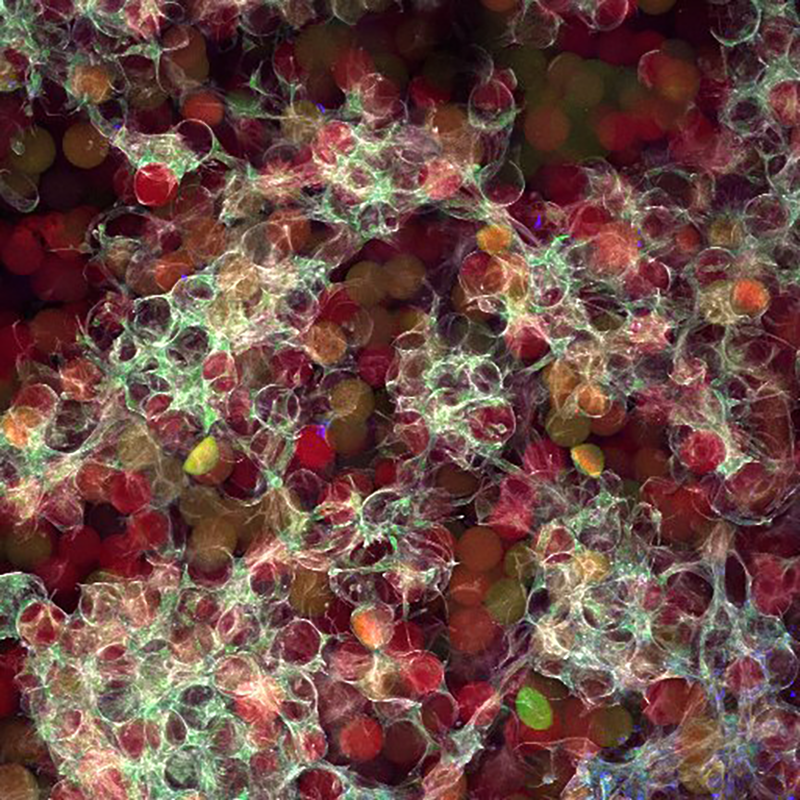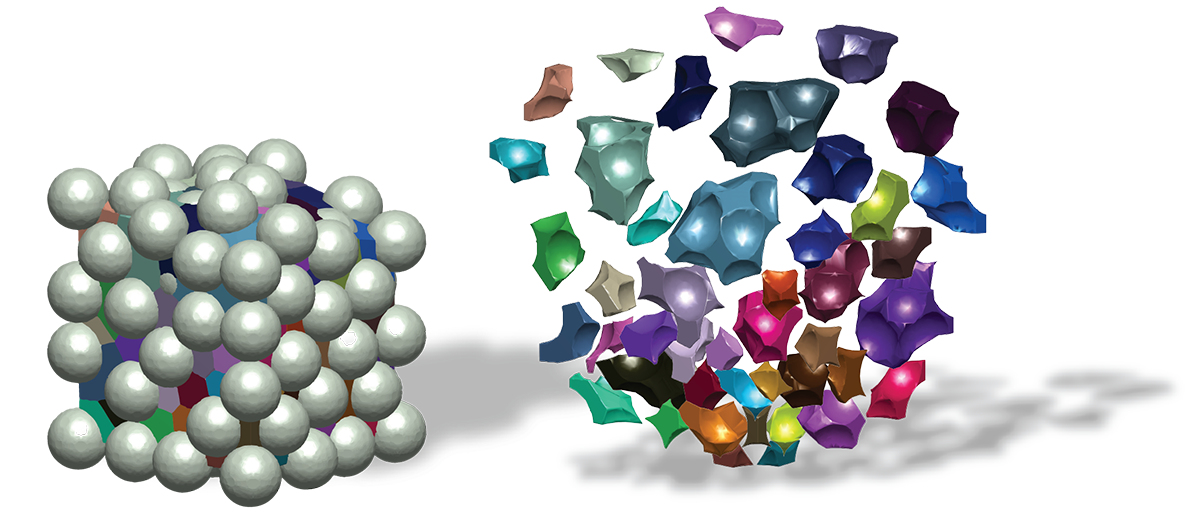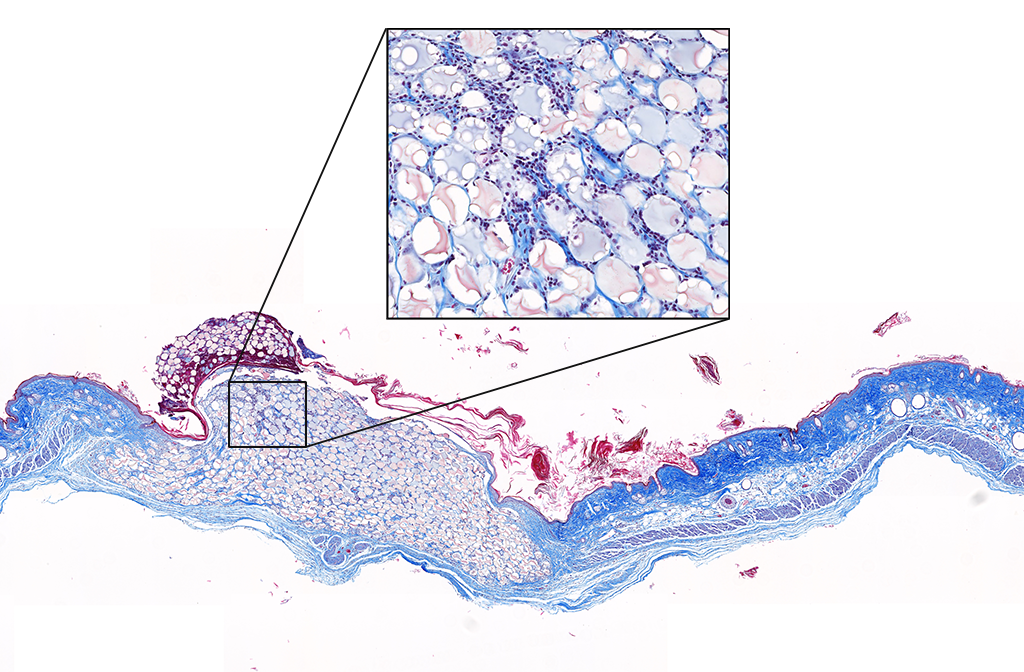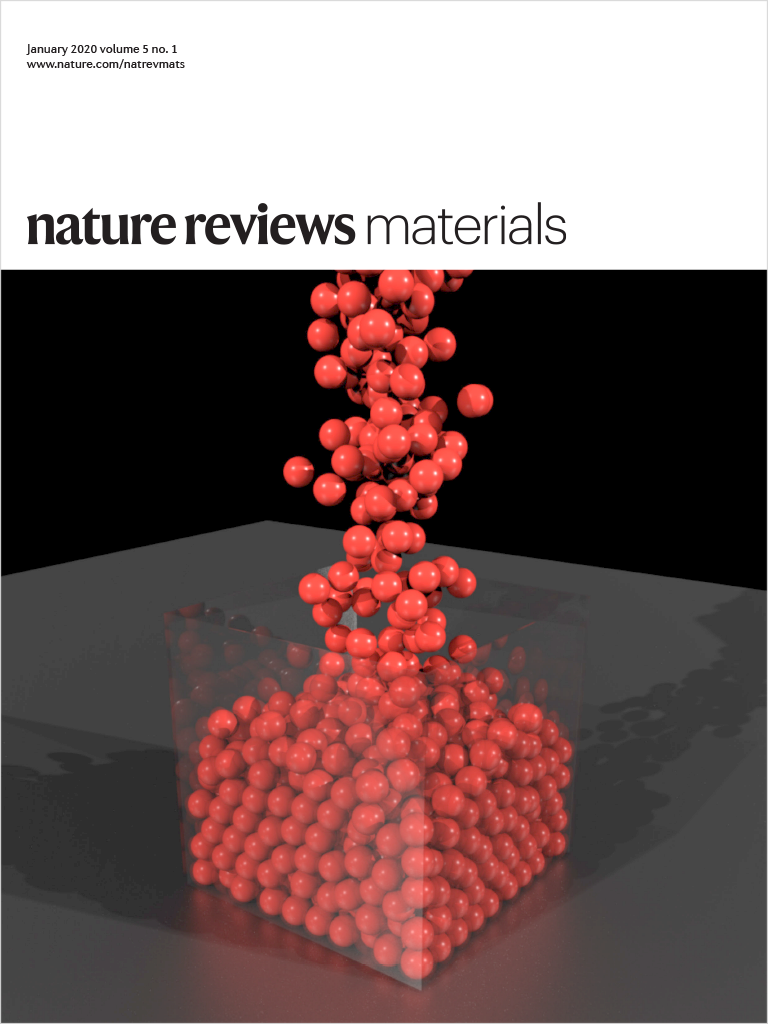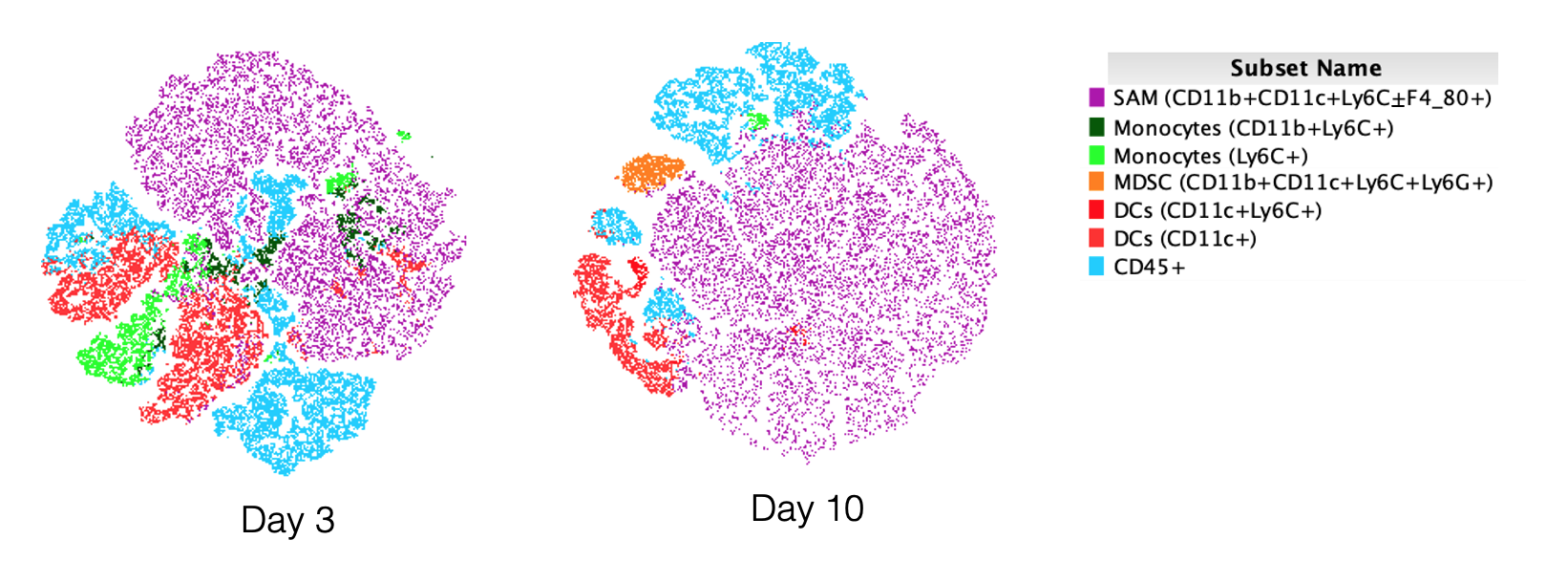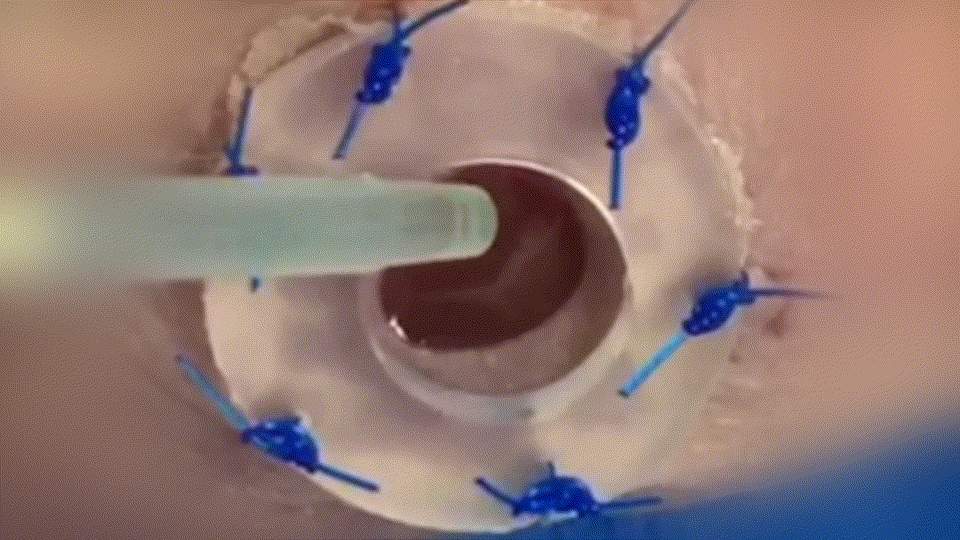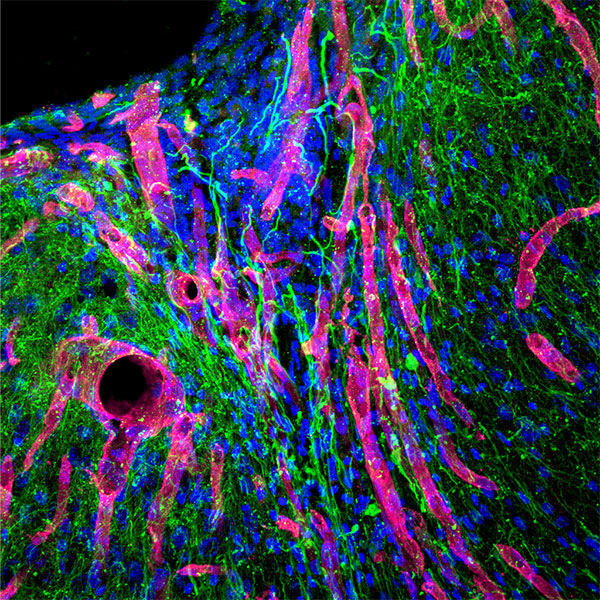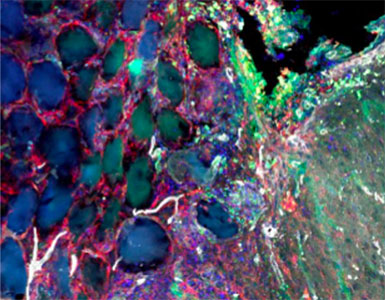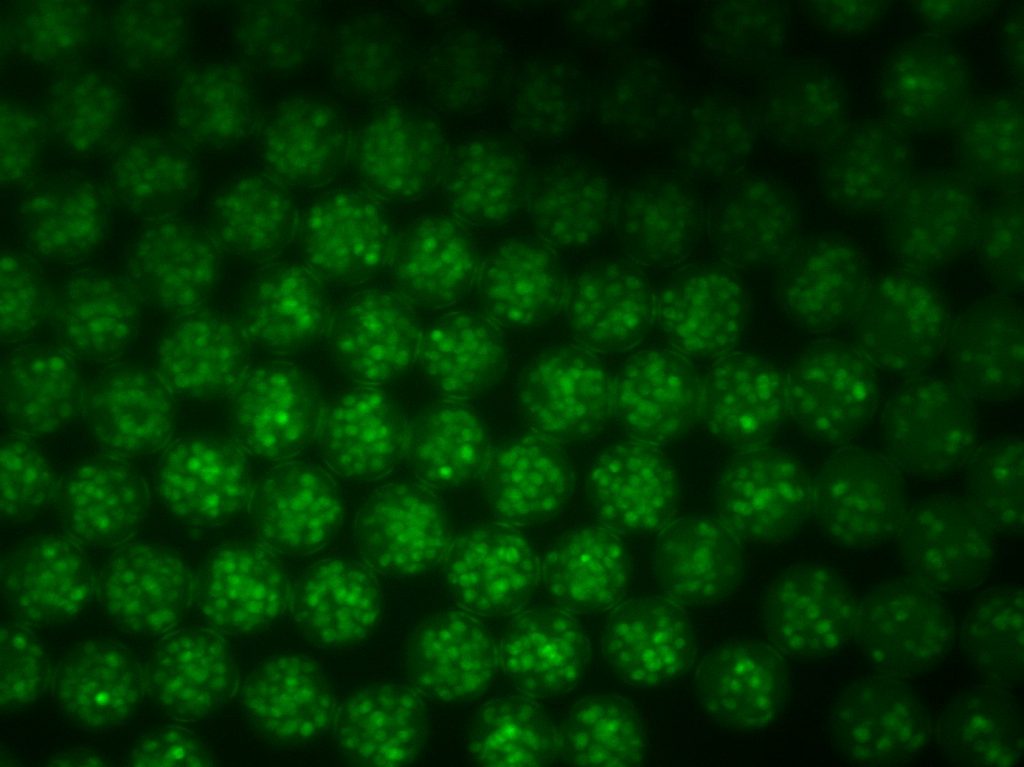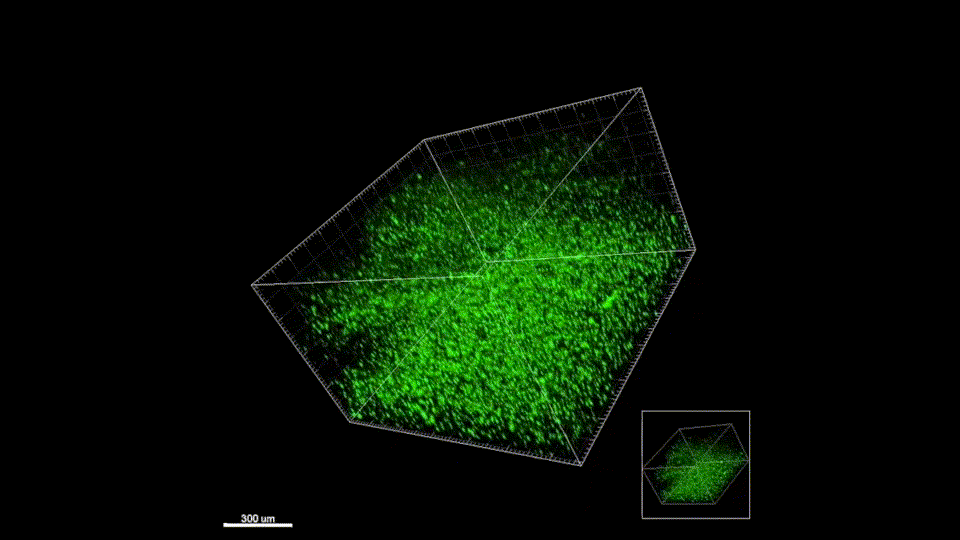Altmetric Score
Dimensions
Citation
The formation of scar tissue due to dedifferentiation of smooth muscle cells (SMCs) is one of the major issues faced when engineering bladder tissue. Furthermore, cell sources for regenerating the SMC layer are also limiting. Here we explore if human mesenchymal stem cells (MCSs), cultured in enzymatically degradable poly(ethylene glycol) (PEG) hydrogel scaffolds can be differentiated into SMC-like cells. We explored the degree to which a less synthetic SMC phenotype can be achieved when primary human SMCs are cultured within these scaffolds, It was observed that when both MSCs and SMCs are cultured in the PEG hydrogel scaffolds, but not on traditional tissue culture plastic, they up-regulate markers associated with the less synthetic SMC phenotype, decreased expression of alpha(5) integrin and THY-1, and increased expression of alpha-smooth muscle actin (alphaSMA) and myosin. Furthermore, we show that MSCs and SMCs cultured in the PEG hydrogels are able to proliferate and express matrix metalloproteinases for up to 21d in culture, the duration of the study. This study addresses the importance of the cellular microenvironment on cell fate, and proposes synthetic instructive biomaterials as a means to direct cell differentiation and circumvent scar tissue formation during bladder reconstruction.

